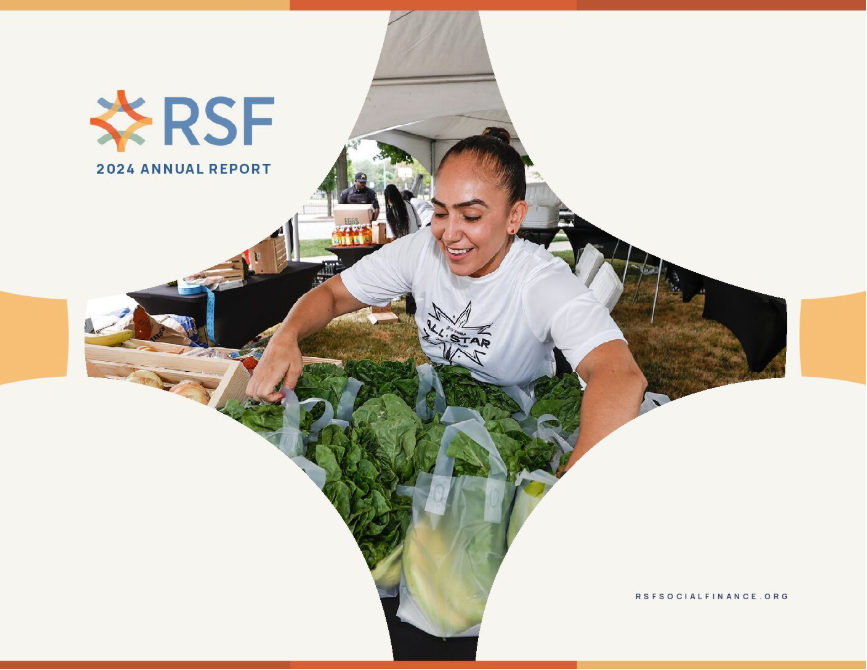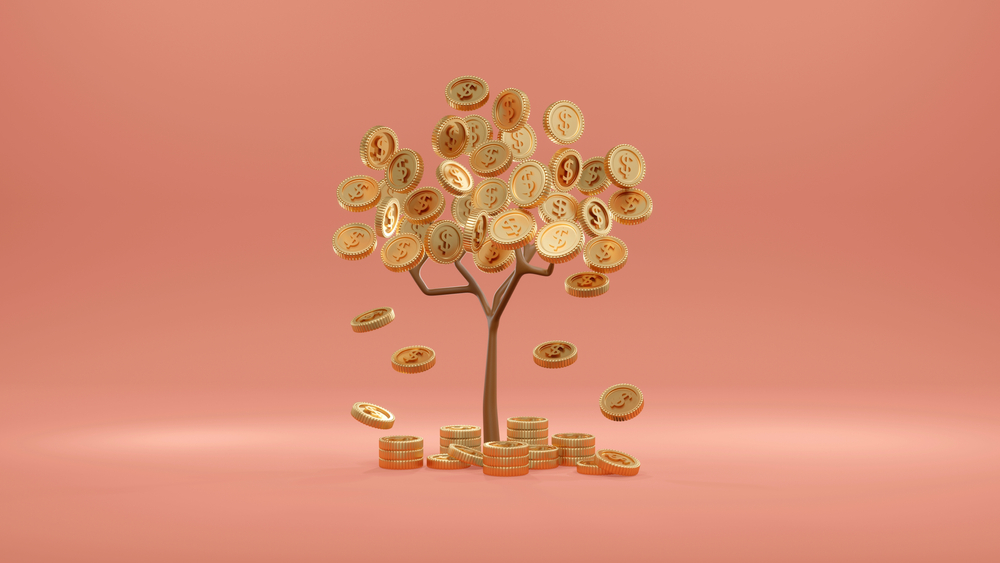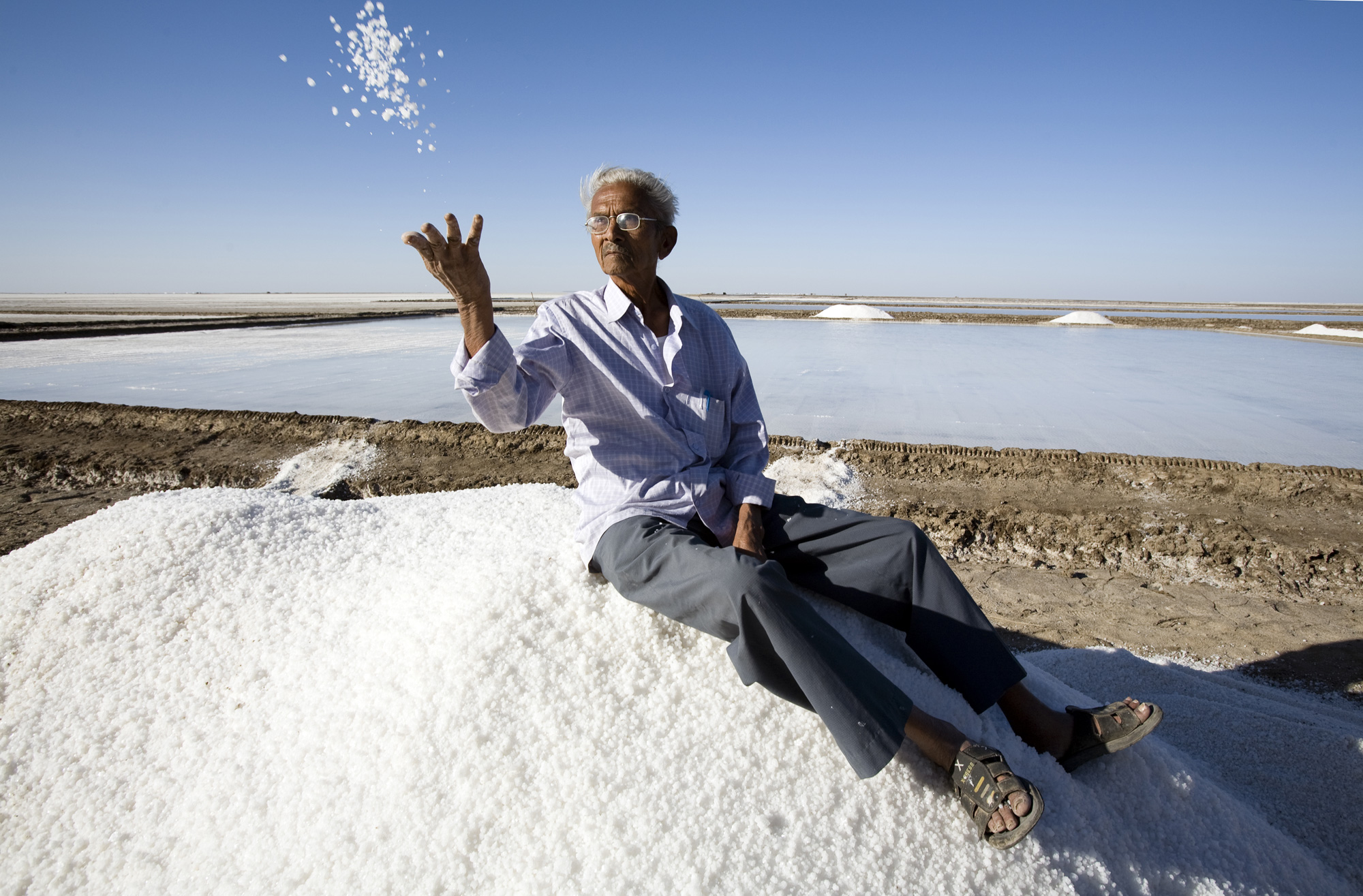An Inquiry into an Economics of Place
Two recent short passages will highlight some of the issues. The first is from the New York Times in an article titled, “Stock Exchange Shrinks as Rivals Take Over Trades,” by Graham Bowley: “Once the undisputed capital of capital, the city [NY] is struggling to retain its dominance in finance as the industry globalizes. ‘Wall Street’ seems to be no longer a place, but a vast, worldwide network of money and information.”
The second is from an essay by Wendell Berry, “Nature as Measure,” reprinted in the recent collection Bringing It to the Table: “On all farms, farmers would undertake to know responsibly where they are and to ‘consult the genius of the place.’…When we adopt nature as measure [of economic life], we require practice that is locally knowledgeable. The particular farm, that is, must not be treated as any farm. And the particular knowledge of particular places is beyond the competence of any centralized power or authority. Farming by the measure of nature, which is to say the nature of a particular place, means that farmers must tend farms that they know and love, farms small enough to know and love, using tools and methods they know and love, in company of neighbors they know and love.”
The contrast between the two is intentionally stark. The point that Bowley so eloquently makes is that Wall Street has become more a reputational currency as a name for transactions that actually are happening across a decentralized global field. Of course, that reputation originated in the physical reality of activity of investment banks located on Wall Street. However, the state of market-trade technology has eliminated any need for a true physical center of gravity or action. Thus the emergence of newer, smaller, more flexible trading exchanges linked via the web. One could argue that something more than speed has been gained by replacing the physical marketplace with the “netspace” for conducting trade. The new media in its virtual character may be truer to the fluctuating virtual values of publicly-traded stocks and derivatives than the older broker-dealer floor transactions. E-technology has also allowed for such rapid transactions that paper trails and conventional accounting techniques are no longer adequate and, even after the fact, can shed no light on the real transaction histories. Such is the levity and opacity of virtual activity, which is also disconnected from place and the accountability that comes with place. By this I mean that when one sees a person with whom one has transacted trades day-in and day-out, I would hope one would feel accountable to that person or organization, and be more likely to operate ethically.
What might Wendell Berry mean by the ‘genius of place’ as a starting point for a measure of economy? The indication here is that there is something of a character or being of place that plays a role, if one is open to it, in determining what happens in that place. On one hand, this may not reconcile with those who hold that nature is no more than physical substances that we can measure and weigh, or that man’s purpose and right is the control of nature. On the other hand, I would like to suggest that nature is full of life forces, a culture so to speak, that we are part of—we are within it as participant, not outside it as onlooker. We are in no way separate from the air we breathe, or water we drink. The logical extension of the participant stream would be to say that as we use up our natural resources, we are also using ourselves up. As bizarre as this may sound, this is one way to grasp the phenomena of our current ecological condition.
So what is the character of the culture or spirit of place of which we are a part? And how might we know it? This character is woven of many threads, each of which is a study unto itself. Place has geology, latitude and longitude, pre-historic and natural history, anthropology, ecology, natural resources, energetic or magnetic properties, meteorology, and other threads that in constellation identify a place’s particularity. Without looking at the whole tapestry woven of these threads, it is difficult to understand the economy of place. Place is in many ways a permeably-bounded system and the economy within it is something of the interweaving or circulatory life force of materials and service in support of human endeavor that percolate within it. Place looks different, deeper and more compelling when considered as an exercise in phenomenology. The boundaries remain permeable because excess production or population move beyond current boundaries, and new ideas, people, and needs flow in.
This approach to a picture forming, or phenomenological, process is a useful tool in understanding a place-based economy. For example, one could surmise that at its birth, all economic life was place-based. Even though hunters may have traveled far to gather food, their purpose was to return home with it. Beginning in 15th century Europe, with the evolution of ever more efficient transport, sophisticated weapons, and the development of mercantilism, the dominant cultures who created them also possessed the wealth to procure and a taste for that which was foreign and not place-based at all—whether Africans to sell into slavery or spices from the “Spice Islands.” In some ways the drive to accumulate capital, and thus political and cultural power, devalued the sense of local, regional and, even, human identity. The dislocations and ruptures of the colonial project spelled the near end of place-based economies and the wisdom that was indigenous to them. The pace of this transformation accelerated even more with the emergence of the global marketplace following World War II. Long-sustaining village economies were subverted to produce for the world market. This conversion left (and is still leaving) local famine, poverty, and illness in the wake of global profiteering.
This is a painful and oft replicated economic story to retell, and re-awakening local or regional economies could feel like a wish to return to pre-colonial days. It is not. Instead, it is a plea to exercise our capacity to reconnect with place and its economy, to produce locally and regionally where possible, to recreate regional communication media as information exchange, to know place anew even if it is not as healthy, stable, or friendly as we might like. What is needed is re-cultivation of human wisdom connected to and within the breadth of nature. One of the greatest challenges is human encounter; interest in the other is not much celebrated these days. That kind of wisdom will be a guide and measure (in Wendell Berry’s term) to an economy of place, whether one’s vocation requires working in agriculture or civic culture. The natural consequence of a deep understanding of place is an awareness of living consciously within the reciprocity and interdependence of a healthy, life-supporting, and enlivening economic life. We become where we are when we know our place in it.
By John Bloom
John Bloom is the former Director of Organizational Culture at RSF Social Finance.


